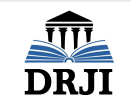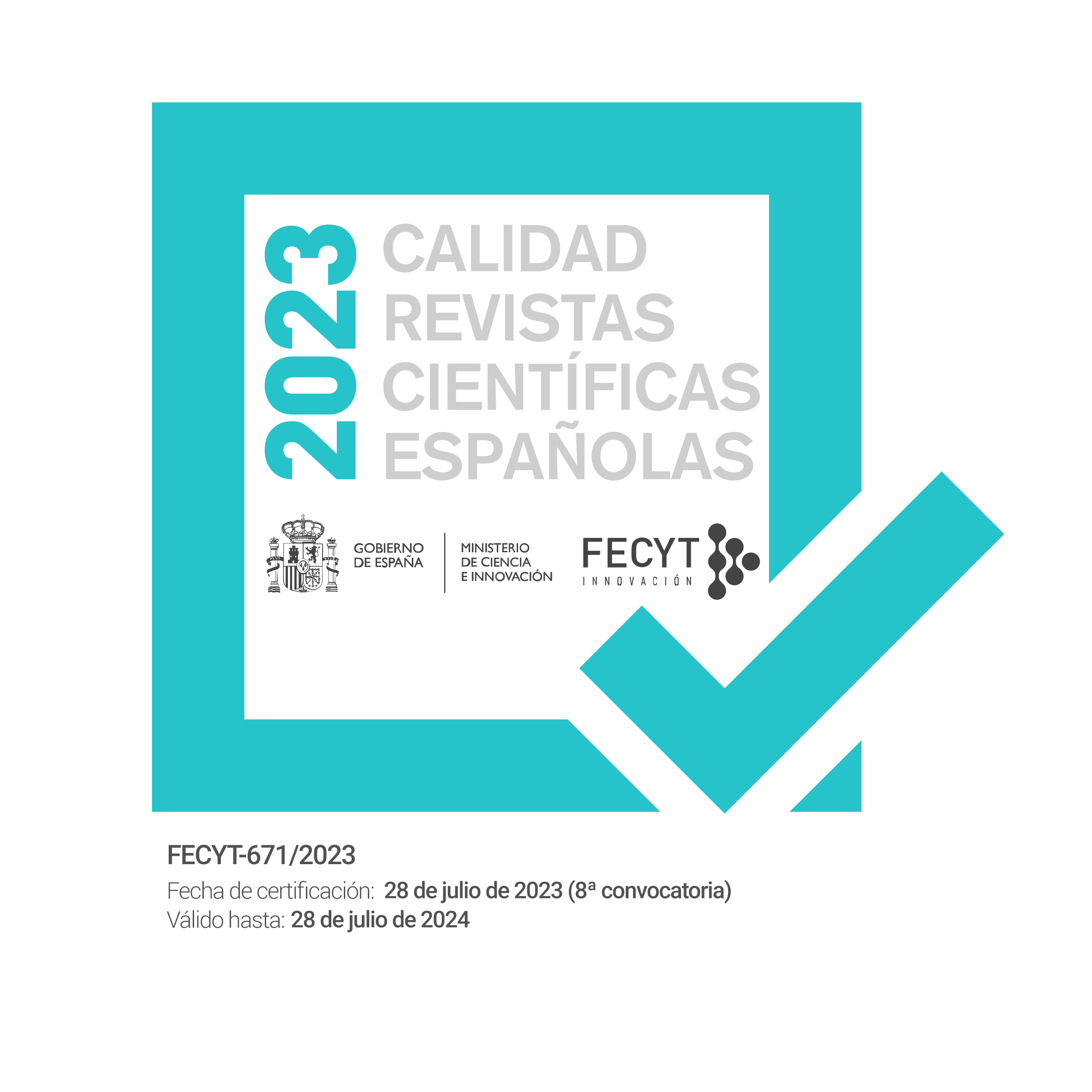New Instruments for Human Rights Protection in Globalization
DOI:
https://doi.org/10.17561/tahrj.v14.5484Keywords:
Human Rights protection, globalization, multinational companies, governance, International Business, social responsibility, soft law regulation, hard law regulation, Common Law traditionAbstract
The Ruggie principles have given new impulse to the process of developing and modernizing International Lawthrough the influence of human rights. However, this process has been developed as “soft law” measuresincluded in the corporate social responsibility activities of multinational companies, which academic opiniondeems has lessened the capacity of human rights for transforming international law into more effective and trulybinding instruments to avoid abuses against human dignity. This issue has prompted a debate concerning the roleof multinationals as subjects of international law, and the advisability of returning to more traditional andconservative approaches to governance of globalization and to effective protection of human rights from riskybusiness activities. However, thanks to Common Law traditions, this model may be transformed into binding rules,using the legal tools of private Law. This reveals the utility of such soft Law regulations in creating cultures ofrespect useful when rule of law is weak to rule relations between states, companies and people, that arise fromthe actions of private individuals rather than the activity of public law-making institutions.
References
“Code of Good Governance of Sustainable Enterprises”, Sustainable Development Forum: IESE, PricewaterhouseCoopers and Fundación Environment (2002).
ANGUITA OYARZÚN, “El rol del Derecho en la responsabilidad social de la empresa”, en Ars boni et aequi, (2017), (vol. 8, nº 1)
APARICIO GONZÁLEZ, M. L “El Gobierno corporativo: Entre el Derecho y la ética empresarial», Revista de Derecho Mercantil, no 257 (July-Sept 2005) (P. 1131-1145).
BILBAO, JM, La eficacia horizontal de los derechos frente a los particulares. Análisis de la jurisprudencia del TC, CEPC, Madrid (1997).
BURGORGUE-LARSEN, Laurence “La Corte Interamericana de Derechos Humanos como tribunal constitucional”, BOGDANDY, FIX-FIERRO, H. and MORALES ANTONIAZZI, M., coords. Ius Constitutional Common In Latin America. Features, Potential and Challenges. UNAM, Mexico (2014).
BURGORGUE-LARSEN, Laurence. El sistema interamericano de protección de los derechos humanos: entre clasicismo y creatividad. IREDIES, Paris, (2009)
BURGORGUE-LARSEN, Laurence; MONTOYA Céspedes, Nicholas. “El Diálogo Judicial entre la Corte Interamericana de Derechos Humanos y la Corte Europea de Derechos Humanos” en BANDEIRA, URUEÑA, TORRES PÉREZ, (coordinadores). Protección multinivel de derechos humanos. Manual. Red de Derechos Humanos y Educación Superior, Barcelona (2013).
CANTÚ RIVERA, Humberto. “Planes de acción nacional sobre empresas y derechos humanos: sobre la instrumentalización del derecho internacional en el ámbito interno”. Anuario mexicano de derecho internacional, (2017), vol. 17, p. 113-144 https://doi.org/10.22201/iij.24487872e.2017.17.11033
CARRILLO SALCEDO, “Derechos Humanos y Derecho internacional”, in ISEGORIA Revista de Filosofía, moral y política, No. 22 (2000). https://doi.org/10.3989/isegoria.2000.i22.522
CARRILLO SALCEDO, “El sistema internacional de los Derechos Humanos y la globalización”, en El Derecho internacional humanitario ante los retos de los conflictos armados actuales. Marcial Pons, (2006).
CARRILLO SALCEDO, “Soberanía de los Estados y Derechos Humanos” en Derecho Internacional contemporáneo, Tecnos (2nd ed.), Madrid, (2001).
CARROLL, “A Three-Dimensional Conceptual Model of Corporate Performance”, Academy of management review, (1979), (vol. 4, No. 4) https://doi.org/10.2307/257850
CHEN, L.-C. An introduction to contemporary international law: a policy-oriented perspective. Oxford University Press, (2014). https://doi.org/10.1093/law/9780190227999.003.0001
DE LA CUESTA GONZÁLEZ, M.; VALOR MARTÍNEZ, C. “Responsabilidad social de la empresa. Concepto, medición y desarrollo en España”, Boletín económico de ICE, 2003, (nº 2755).
GÓMEZ ISA, F. et al. International Human Rights Law in a global context. Universidad de Deusto (2014). MARQUEZ CARRASCO, Carmen. “Las Relaciones entre el Derecho Internacional y la práctica Interna en el ámbito de los Derechos Humanos y la responsabilidad de las empresas”. Anuario Español de Derecho Internacional, (2018), vol. 34. https://doi.org/10.15581/010.34.707-728
GONZÁLEZ, O. J., et al. El libro blanco de la RSE en España: la gestión de empresas desde la Responsabilidad Social. En International Conference on Industrial Engineering and Industrial Management–CIO. (2007)
GUTMANN, T. “Theories of Contract and the Concept of Autonomy”. Münster: Zvi Meitar Center for Advanced Legal Studies, (2013).
LÓPEZ-JACOISTE, “Los principios rectores de las Naciones Unidas sobre las empresas y los derechos”, at FERNÁNDEZ LIESA, Carlos R.; LÓPEZ-JACOISTE María Eugenia. Empresas y derechos humanos. Thomson Reuters Aranzadi, (2018)
LYNN, D. M. The Dodd-Frank Act’s Specialized Corporate Disclosure: Using Securities Laws to Address Public Policy Issues. J. Bus. & Tech. L., (2011), vol. 6.
MACCORMICK, N. Legal reasoning and legal theory. Clarendon Press, 1994, and HILL, Jonathan. Comparative law, law reform and legal theory. Oxford J. Legal Stud., (1989), vol. 9. https://doi.org/10.1093/acprof:oso/9780198763840.001.0001
MARQUEZ CARRASCO & VIVAS TESON La implementación de los Principios Rectores de las Naciones Unidas sobre Empresas y Derechos Humanos por la Unión Europea y sus Estados Miembros. (2019).
MARTÍN, O. Empresas multinacionales y derechos humanos en Derecho Internacional. Bosch (2007)
MOHAMMED, A.; RASHID, B. “A conceptual model of corporate social responsibility dimensions, brand image, and customer satisfaction in Malaysian hotel industry”.Kasetsart Journal of social sciences, (2018), vol. 39, no 2. https://doi.org/10.1016/j.kjss.2018.04.001
NIPPERDEY H. C. in Grundrechte und Privatrecht, Sharp, (1961).
OVEJERO PUENTE “Los principios Ruggie y el nuevo marco de referencia de Naciones Unidas”, en El papel del abogado en la implantación de los principios Ruggie, (C. I) Tirant Lo Blanch, Valencia (2016)
QUERALT JIMÉNEZ, A., La interpretación de los derechos: del tribunal de Estrasburgo al Tribunal constitucional, Centro de Estudios Políticos y constitucionales, Madrid (2008).
RICART, J. E.; RODRÍGUEZ, M. A. Código de buen gobierno para la Empresa Sostenible. Foro Empresa y Desarrollo Sostenible, Barcelona, (2002)
ROBERTSON, G. Crimes against humanity: The struggle for global justice. The New Press, (2013).
RUIZ ACOSTA, L. E.; CAMARGO MAYORGA, D. A.; BECERRA FERNÁNDEZ, Mauricio. Proposal of a Social Responsibility Indicator Model Based on Systems Dynamics SSRN (2019). https://doi.org/10.2139/ssrn.3459575
SAGAFI-NEJAD, K.; DUNNING, J. H. The UN and Transnational Corporations: from Code of Conduct to Global Compact. Edit. Indiana University Press, (2008).
SAIZ ARNAIZ, A., La apertura constitucional al derecho internacional y europeo de los derechos humanos. El artículo 10.2 de la Constitución española. Consejo General del Poder Judicial, Madrid (1999).
SAP, J. W. “The Role of Human Rights in Setting the Boundaries of Sovereignty and the Autonomy of the EU Legal Order”. Amsterdam Law Forum, (2017), (vol. 9) https://doi.org/10.37974/ALF.294
SCHEPER, C. ‘From Naming and Shaming to Knowing and Showing’: Human Rights and the Power of Corporate Practice. The International Journal of Human Rights, (2015), vol. 19, no. 6. https://doi.org/10.1080/13642987.2015.1009264
SEAY, L. “What’s Wrong with Dodd-Frank 1502? Conflict Minerals, Civilian Livelihoods, and the Unintended Consequences of Western Advocacy”. Center for Global Development Working Paper, (2012), no 284. https://doi.org/10.2139/ssrn.2009350
SHAFFER, & POLLACK, “Hard vs. Soft Law: Alternatives, Complements, and Antagonists in International Governance”, Minnesota Law Review (2009), (Vol. 94).
SISON, “The Cultural Dimension of Codes of Corporate Governance: A Focus on the Olivencia Report”. Journal of Business Ethics, 2000, vol. 27, (no. 1-2). https://doi.org/10.1007/978-94-011-4311-0_18
STEFAN, O.A. “European Competition Soft law in European Courts: A Matter of Hard Principles?”, European law Journal, 2008, (vol. 14, No. 6). https://doi.org/10.1111/j.1468-0386.2008.00443.x
VARGAS VERA, “La aplicación del Principio de Subsidiariedad en la jurisprudencia de la Corte Interamericana de Derechos Humanos: avances y retos”, en Revista Iuris Dictio N º 21 (2018). https://doi.org/10.18272/iu.v21i21.931




























